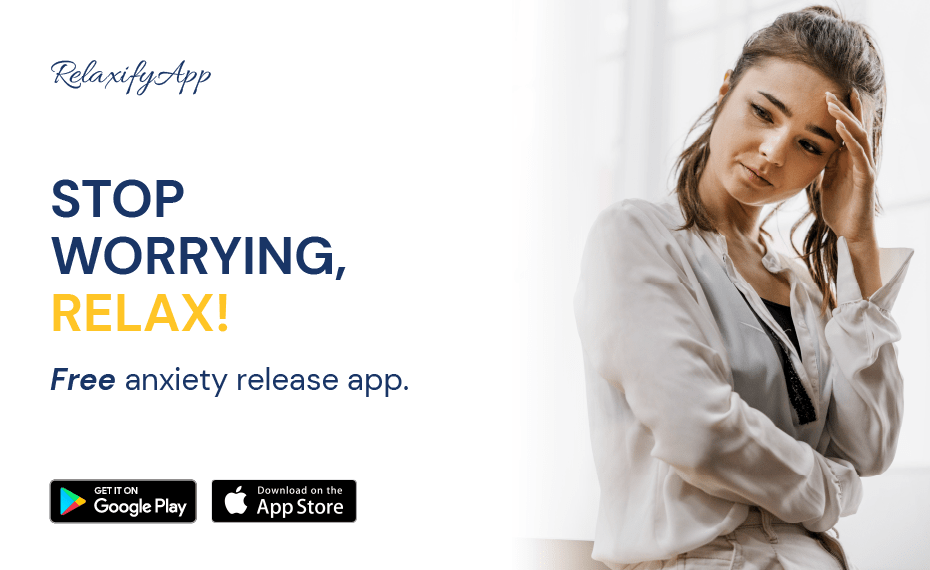How Many Hugs a Day Do You Need?
A hug per day keeps the doctor away. Just like the apple.
Historically and evolutionary speaking, hugging was most likely the easiest way of sharing body warmth between individuals, including when warmth was life-saving. Anyway – both back then and today, hugging has much more power than that.
A hug is a universal way of sharing happiness, excitement, and sadness. Sometimes a tight, caring hug from a loved one is enough to feel good.
Many researchers confirm the benefits of hugging and cuddling – a hug goes deep in your emotional world and improves your mental and physical health.
Why is a Hug so Powerful?
Have you noticed how babies are reaching out to cuddle? They find immediate comfort and peace in mom’s arms. A study shows that when a baby grows up with an affectionate mother, it is happier, more joyful, less stressed, and more empathetic as an adult.
So, here is how a hug is a game-changer:
- A simple hug can reduce stress and make you feel more peaceful and comfortable.
- It will increase the “bonding” and “caring” hormones in your blood.
- When you hug someone, you may notice how your muscles relax, and you may start feeling less tension in your neck and shoulders.
- You instantly become peaceful, and you feel full of love.
- Hugging improves your heart rate, blood pressure, and mental health. Plus, it strengthens your immune system!
This being said, one shall never underrate the therapeutic and healing properties of hugs. So, whenever a friend or a family member is going through a tough time, you can just give them a long tight hug to raise their spirits and remind them of the simple pleasures in life.
What Happens When You Hug Someone for 20 Seconds?
Every hug and physical touch helps maintain the feeling of closeness, intimacy, and trust in all types of relationships. Many scientific studies show that hugs lasting for 20 seconds or longer have the most powerful impact on your body and well-being.
Some of the 20-second hug benefits are:
- Increased level of oxytocin
- Increased satisfaction and delight
- Lowered level of stress
- Improved connection and bonding
- Lower blood pressure
- A healthy heart
There is something powerful and empowering in long hugs. And if it sounds odd and abstract – you can try hugging for 20 seconds a day with your partner and examine this sensation yourself.
What are the Benefits of Being Hugged?
If you still feel unsure about how hugs are good for you, we’ve listed some of the hugs’ medical benefits below:
Hugs Protect you From Stress-Based Infections
When stressed, our immune system usually weakens, thus leading to different deficiencies and health issue predispositions. A recent study shows that if you hug frequently, it will lower the chance of getting infections based on stress. The more you hug, the less overwhelmed and anxious you will feel.
Cuddling Releases the Hormone of “Feeling Good”
When we have physical contact with a person we love, our body releases hormones responsible for feeling good. These hormones are oxytocin, dopamine, and serotonin. Researchers found out that if you hug for more than 6 seconds, your body will release a high level of oxytocin and serotonin.
Hugging Improves Your Self-Esteem
Can you imagine that a hug plays an important role at a cellular level in your body? There are times when you feel down and not worthy. During these times, hug a beloved one. It is a form of social support, or exactly what you need to boost your self-esteem.
Hugging Reduces Pain
In this study, people diagnosed with fibromyalgia start to feel less pain when a light physical touching of their body is involved. In addition, hugging helps you release physical strain in your body, reduce muscle tension, and even sleep better.
Why do Tight Hugs Feel so Good?
Tight hugs have a positive impact on your body and your brain. Getting a hug from someone you love gives you a sense of familiarity and protection. A tight hug communicates friendship, warmth, acceptance, and appreciation.
A long, firm hug makes your body produce more serotonin in your brain. This will elevate your mood and will reduce depressive and anxious feelings. It also beats the feelings of loneliness, isolation, and anger.
Tight hugs make you feel you can trust this person and you are in a safe zone. As a result, you become more mindful and present with the current situation. So – do your best to give tight hugs every time you hug someone – it means much more than a loose hug and says more than a million words.
The Power of a Hug: Quotes
Do you think hugging and cuddling bring the greatest joy you can experience? You are not alone.
According to the famous family therapist Virginia Satir:
“We need 4 hugs a day for survival, 8 hugs a day for maintenance, 12 hugs a day for growth.”
Here are some other inspiring hug quotes you can use for inspiration:
- “I have learned that there is more power in a good strong hug than in a thousand meaningful words.” – Ann Hood.
- “However long a hug lasts, it doesn’t last long enough.” – Kyle Schmalenberg.
- “Be a love pharmacist: dispense hugs like medicine—they are!” – Terri Guillemets
- “The only cure for certain pain is an affectionate, pauseful, warm hug.” – Meghna Sodha
- “Putting your love into hugs is much more effective than putting it into words.” – Maria Bastida
- “Hugging: the truest form of giving and receiving.” – Carol ‘CC’ Miller
- “Sometimes you have to hug yourself and squeeze your own shoulder and be thankful it is humanly possible.” – Richelle E. Goodrich
- “Love is hands, holding you.” – Caroline Kepnes
Celebrate the Power of a Hug!
Finally – we also have a special holiday celebrating the positive influence of a hug!
January 21st is an annual event dedicated to hugging. The National Hugging Day, created by Kevin Zaborney, aims to give us the tool for deeper connection, bonding, and affection.
To celebrate the day, you can offer a hug to a beloved one… Or literally anyone!






